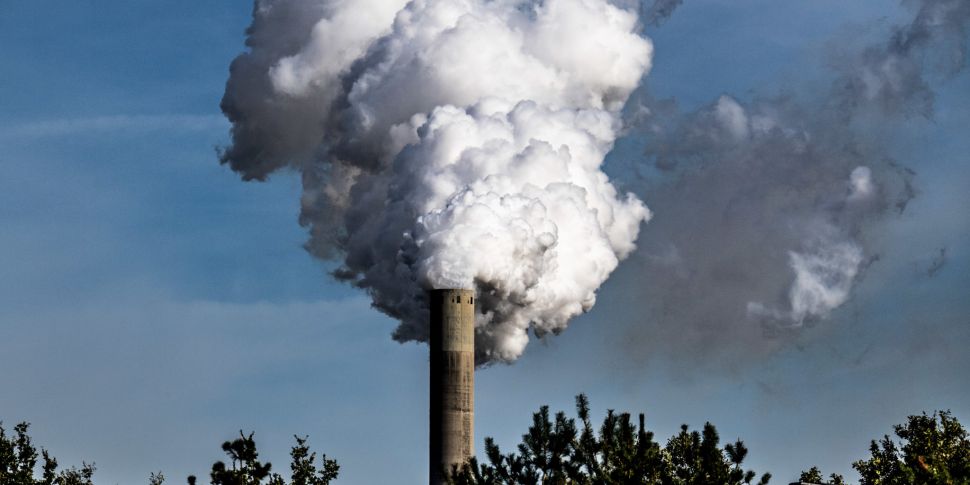The agricultural sector was the largest contributor to greenhouse gases (GHG) in Northern Ireland in 2019 with a total figure of emissions recorded at 26%. The figures were published by the Department of Agriculture, Environment and Rural Affairs (DAERA) earlier this week.
The findings, based on information provided by the Agri-Food and Bioscience Institute (AFBI), indicated that the 29 years between 1990 and 2019 showed that emissions initially increased by 8%.
The emissions from the sector are set to rise to 31% in 2030 for Northern Ireland while other emissions from other sectors are expected to reduce. From 1990 to 2030, sectors that will make large reductions in emissions include the following:
- energy supply (74% reduction)
- waste management (71% reduction)
- industrial process (70% reduction)
- public sectors (69% reduction)
It’s understood that this will lead to an overall emission reduction of 32% in Northern Ireland’s total GHG emissions between 1990 and 2030.
Meanwhile earlier this week amendments to the Climate Change Bill were made in order to ensure that the level of reductions in methane emissions will not be required to be more that 46% lower than the baseline year of 1990.
However, the figures were based on projections, meaning 100% statistical certainty cannot be guaranteed.
LSL News.

